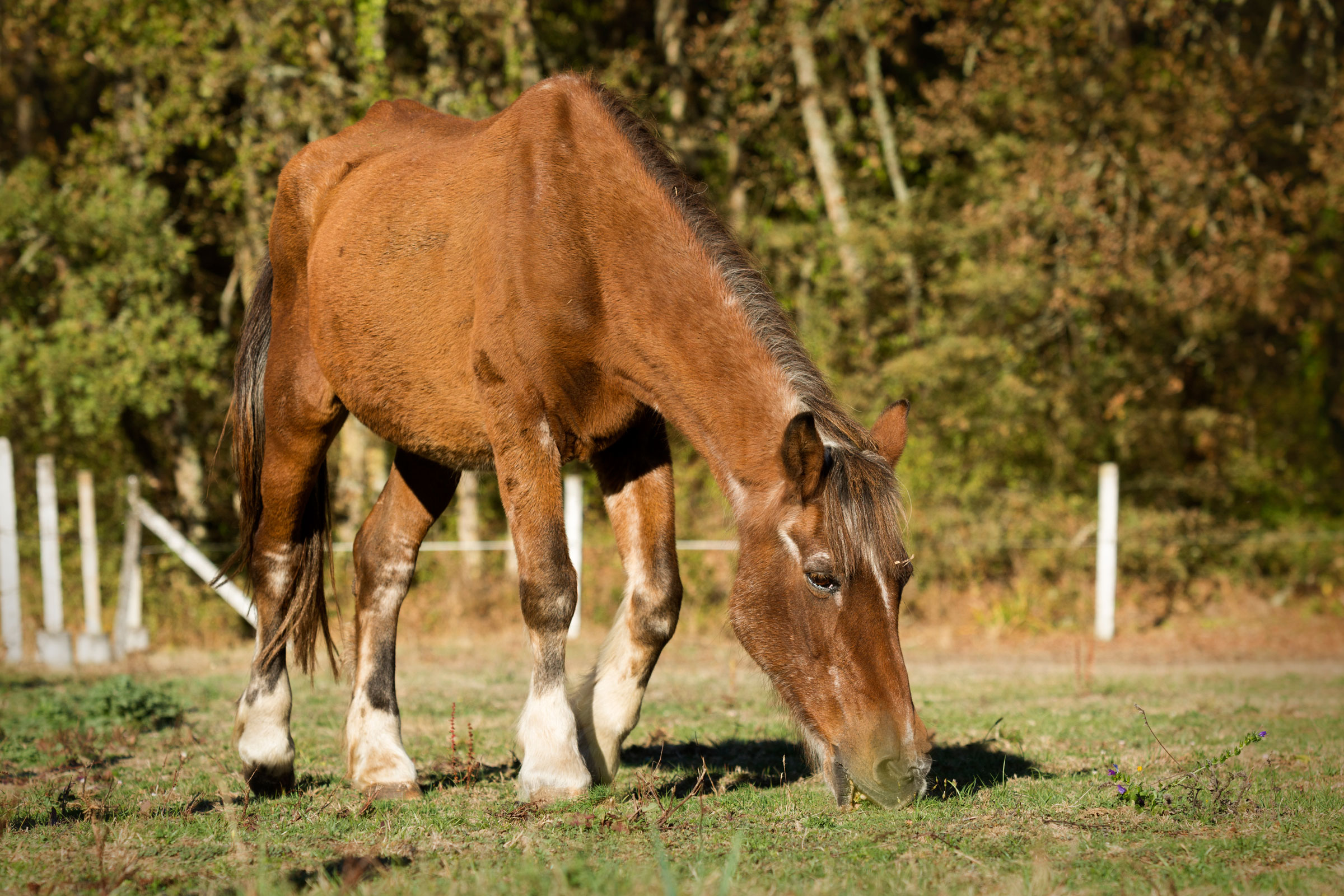
All ages of horses should receive immunizations. It is important to follow the American Association of Equine Practitioners (AAEP) guidelines for immunization, ensuring that core vaccines—Eastern and Western encephalitis (EEE and WEE), West Nile virus (WNV), tetanus, and rabies—are given at least annually. In geographic areas with year-round exposure to mosquito-transmitted disease, West Nile virus and Eastern or Western encephalitis should be boosted twice a year.
Risk-based vaccine boosters twice annually are particularly important for older horses that are still in training, competition, or who travel, especially to convey protection against risk-based respiratory viruses of influenza and rhinopneumonitis. Consult with your veterinarian about timing and frequency of boosters and follow the vaccine manufacturer’s label for duration of protection.
Geriatric horses and especially those with pituitary pars intermedia dysregulation (PPID or Cushing’s) should be maintained on a regular vaccination program, just as you have done for the horse as an adult in years past. Due to immunosenescence and inflamm-aging, some geriatric horses might have an attenuated response to vaccines that results in reduced lymphocyte numbers and chronic, low-grade systemic inflammation. Reduced immune responses by aged horses might necessitate more regular and frequent vaccine protocols to maintain their immunity as optimal as possible.
- Immunosenescence is defined as a decreased ability of the immune system to respond to antigens such as foreign proteins.
- Inflamm-aging refers to chronic, low-grade inflammation caused by cytokines, which are signaling molecules that elicit inflammation.
Rabies immunization yields a robust and persistent protective response particularly if a horse receives a second dose of rabies vaccine within one year of the original immunization.
A study examined the effect of immunosenescence on rabies immunization protection, using a group of 24 horses older than 20 years. Prior to a booster vaccination, 60% of the horses had protective antibodies. Three weeks following a rabies booster, 95% had protective antibody levels; at three years post-immunization, 86% still had sufficient protective antibody levels.
An important point of this research is that two of the 24 horses failed to demonstrate a measurable response to the vaccination. It is always prudent to follow manufacturer’s recommendations especially when dealing with a fatal disease like rabies with potential exposure to humans. There’s no way to know which older horses will not respond fully to vaccination.


